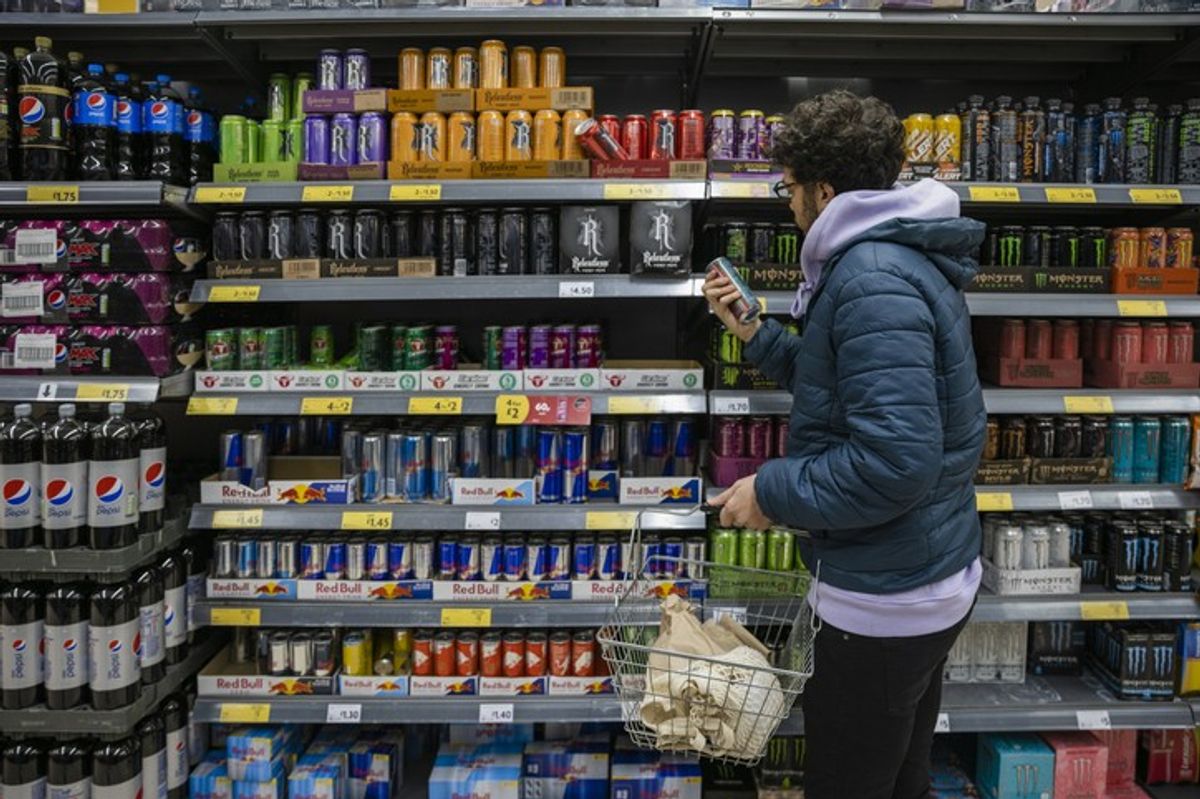Consumers Prioritise Familiar Foods Over New Health Trends, Finds Vypr Report
There is a clear trend among consumers for simple, everyday foods and drinks rather than niche supplements or complex new trends, states a new report, highlighting how retailers have a huge opportunity to cater to these evolving health priorities by providing accessible and affordable options
According to Vypr’s latest Consumer Horizon Report, despite a growing market of specialised health products, consumers are turning to familiar solutions.
When it comes to boosting energy, for example, 38 per cent of consumers choose bananas, 33 per cent opt for energy drinks, and 25 per cent turn to coffee. This stands in stark contrast to emerging ingredients such as guava, yerba mate, and goji berries, which attract the interest of less than 10 per cent of the population.
Ben Davies, founder of Vypr, said, “Consumers are not buying into every new health trend.
"Instead, they’re sticking to tried-and-tested foods and drinks that offer a practical way to meet their needs. This preference for the familiar—such as bananas for energy, chamomile tea for sleep, and nuts for mental wellbeing—demonstrates a shift away from the complex and toward the simple and accessible.”
When it comes to sleep, consumers are also looking to everyday solutions like chamomile tea (18 per cent), lavender oil (17 per cent), and magnesium supplements (16 per cent).
Mental health is another major focus for consumers, with 24 per cent incorporating antioxidant-rich foods like berries and leafy greens into their diets.
Other popular choices include nuts and seeds (21per cent) and coffee (21per cent) for their potential mental health benefits.
At the same time, consumers are making conscious efforts to avoid foods that are perceived as negatively impacting their wellbeing. For example, 25 per cent are reducing their intake of highly processed foods, 19 per cent are cutting back on energy drinks and high-fat foods, and 18 per cent are drinking less alcohol.
“Retailers and manufacturers face a key challenge in meeting these shifting health priorities while ensuring affordability,” said Ben. “Consumers are making health-conscious choices, but they still want products that fit into their everyday lives and budgets.”
The demand for products supporting gut health is also on the rise, with 25 per cent of consumers incorporating beneficial bacteria into their diets, and 60 per cent being open to buying gut health products.
Functional foods are also gaining momentum, with 59 per cent of consumers purchasing functional foods at least once a month—an increase from last year.
As the demand for sleep, mental wellbeing, and energy solutions grows, the grocery sector has an opportunity to cater to these evolving health priorities by providing accessible and affordable options that resonate with consumers’ desire for simplicity and effectiveness.
Vypr’s findings are based on responses from 2,000 people, drawn from a nationally representative sample of its 80,000-strong UK consumer community.


